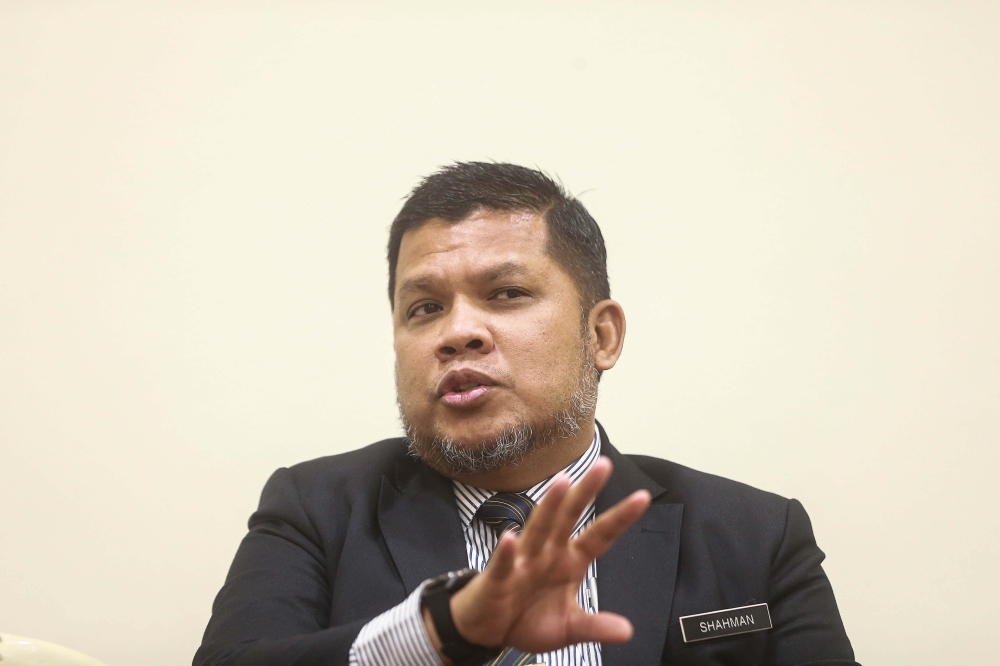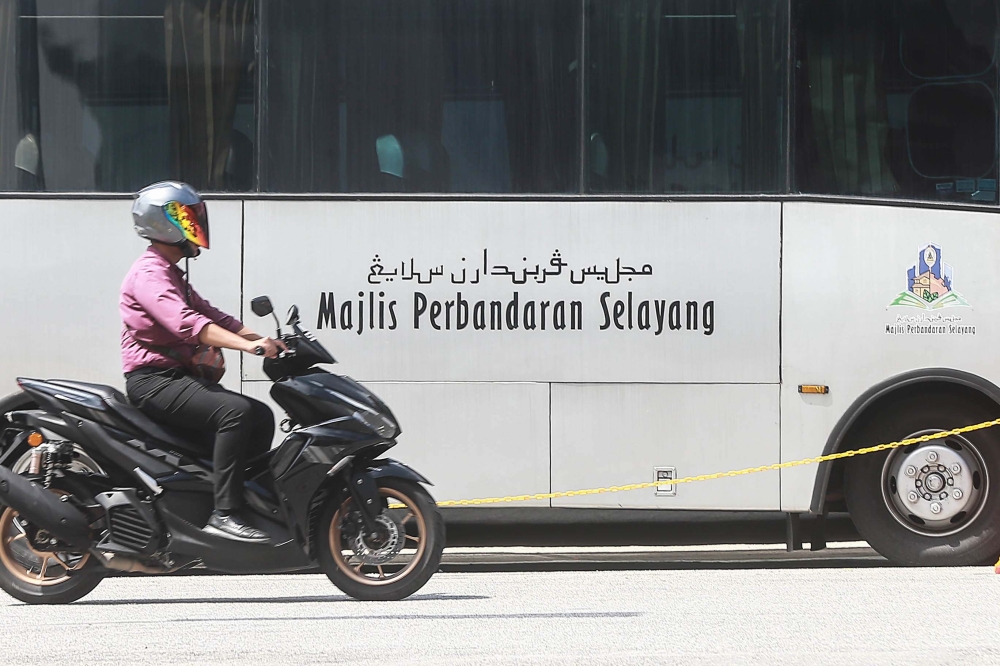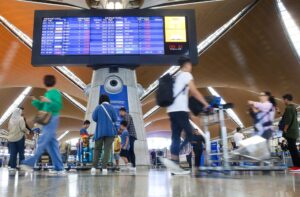KUALA LUMPUR, Sept 2 — Around 85 per cent of property owners in Selayang have paid their assessment tax for the first term of 2025, despite strong opposition to the higher assessment rates initially.
The new assessment rates came into effect on January 1, 2025 after the Selangor government approved a 25 per cent hike in assessment tax rate for all local councils in the state last December.
The Selayang Municipal Council (MPS) last revised its assessment rate in 1992.
MPS president Shahman Jalaludin said engagement sessions held to listen to some 40,000 protests against the new rates has helped ease concerns among the ratepayers, eliciting better compliance from them.
“Of course, we expected the resistance when the new rates were announced.
“Initially, 40,000 residents in Selayang protested against it — one of the highest in Selangor,
“But, by the time it was enforced in January, residents were able to accept why we had to increase the assessment rates,” Shahman told Malay Mail.
Shahman said the increased revenue will be channelled into strengthening digital infrastructures in Selayang, which received the Stage 1: Smart City Early Adopter recognition from the Housing and Local Government Ministry in October 2024.
MPS, he said, is currently planning to introduce more smart CCTVs at strategic locations across Selayang to improve public safety and strengthen enforcement efforts.

MPS president Shahman Jalaludin is expecting the council’s parking revenue to exceed the RM330,000 that it generated previously before the SIP system took effect. — Picture by Sayuti Zainudin
To advance into the Stage 2: Developing Smart City phase, Shahman said MPS will have to increase the number of electric vehicle charging stations, strengthen micromobility services, and introduce real-time air quality monitoring, among other initiatives.
“So, whatever we earn from the assessment rates, we return it to the public by turning Selayang into a better place,” he said.
Besides the assessment rates, MPS is also looking to boost its revenue under the new Selangor Intelligent Parking (SIP) system which centralises on-street parking management in four local councils — Petaling Jaya (MBPJ), Subang Jaya (MBSJ), Shah Alam (MBSA) and Selayang (MPS) — under a single integrated model.
Under the SIP, the parking rates remain unchanged but the revenue will be shared between the private concessionaire (50 per cent), the local councils (40 per cent) and Menteri Besar Incorporated (10 per cent).
Shahman said MPS is expecting its parking revenue to exceed the RM330,000 that it generated previously before the SIP system took effect.
“So far, MPS has held four rounds of negotiations with the concessionaire.
“We have agreed to sign the letter of acceptance (SST) but we are now waiting for the concessionaire company to respond.
“With more robust monitoring in place, MPS expects to see higher parking revenue under SIP.
“If our revenue were to remain the same, then why would we need the SIP?” Shahman said.
He also reiterated that while the concessionaire company can appoint their staff to patrol parking spaces, only MPS enforcement officers are authorised to issue compounds for parking violations.
Shahman said MPS is also leveraging on Selayang’s abundant land space to compete with cities across the country, such as Kulim and Johor Bahru, to attract high-quality investments.
For this purpose, MPS introduced the Selayang Project Investment Development (SPID) initiative, which streamlines approval process for mega-projects to receive license to operate in just 14 days.
“Under SPID, we conduct project brief and engagement sessions from early on so that we can start engaging the relevant agencies before the investors make their submission.
“Although many local councils have similar programmes, the unique part of what we do is that we complete the process right up to licensing under SPID.
“So, SPID allows us to lock investors as quickly as possible as new investments are crucial to take Selayang forward,” Shahman explained.






